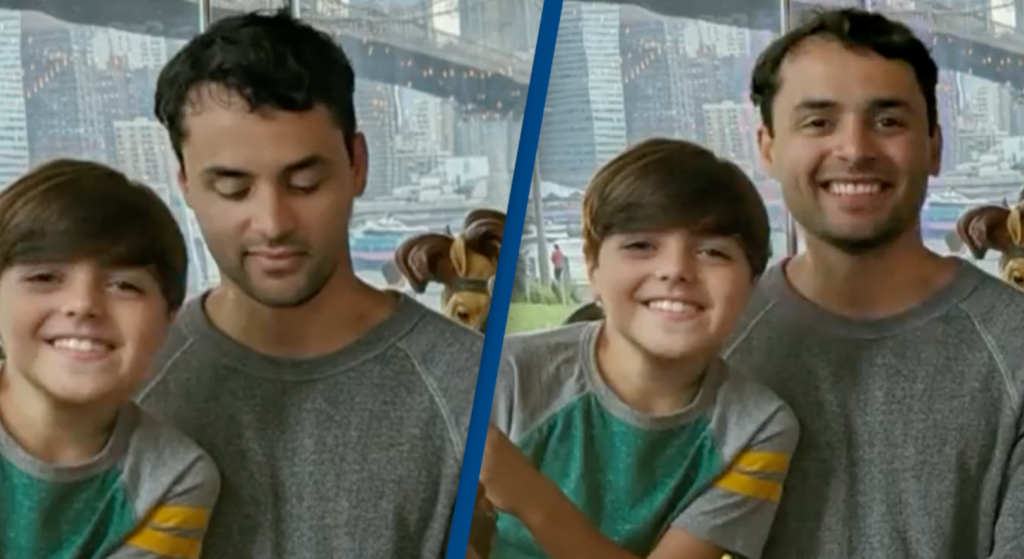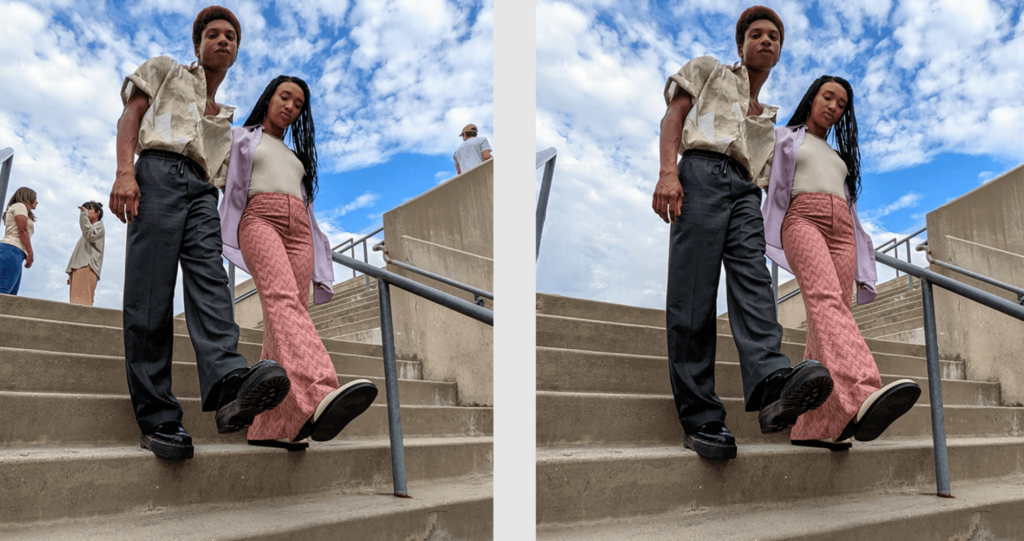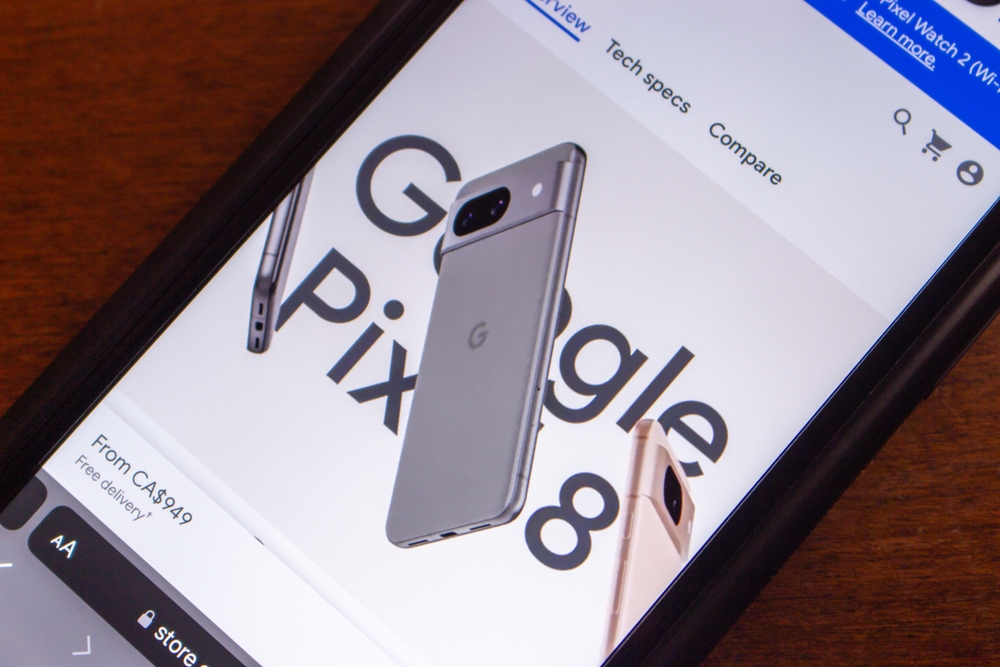Google’s latest Pixel 8 and Pixel 8 Pro bring sophisticated AI-powered image editing to the palm of your hand.
A standout feature is the ability to refine facial expressions in photos and intelligently remove and edit features from photos, which Google has been pushing for some time.
Google’s AI identifies imperfect group shots and harnesses machine learning to blend in facial expressions from images contained within the camera roll, creating what they’ve termed the “Best Take.”
So, if you blink or turn your head as the photo is taken, Google will automatically over-dub your face using a past photo.

Google’s Magic Editor feature uses deep learning to allow users to modify photo elements. Instead of leaving obvious gaps where the elements are removed, the AI intelligently fills in the altered areas, merging them seamlessly with the surroundings.

Some of the magic of photography is to catch moments locked in time, which these AI-driven features challenge. Reviewers have termed these features as “icky” (The Verge) and “creepy” (Tech Radar), highlighting the discomfort of AI’s potential to reshape photographic truth.
However, photo editing is hardly a new concept – AI is simply democratizing the skill and rolling it up into an easily accessible package.
Not everyone agrees, though. Andrew Pearsall, a seasoned photographer, voiced his concerns, saying, “One simple manipulation, even for aesthetic reasons, can lead us down a dark path.”
He urged professionals and hobbyists alike to tread cautiously, emphasizing, “You’ve got to be very careful about ‘When do you step over the line?’. It’s quite worrying now you can take a picture and remove something instantly on your phone. I think we are moving into this realm of a kind of fake world.”
The ‘fake world’ Pearsall is referring to is one littered with hazardous AI deep fakes that range from benign images of the Pope in a puffer jacket to threatening fakes of politicians and horrific sexualized images of underage girls.
All of these examples have at least one thing in common: the editing process is powered by AI and extremely simple to execute.
AI lowers the bar for disinformation and some view that Google’s new photo editing features play right into this worrying trend.
Isaac Reynolds from Google thinks differently, arguing that “Features like Best Take are not ‘faking’ anything.” He elaborated that these tools create a “representation of a moment,” merging separate but still genuine moments.
Technology is already firmly integrated into modern photography; as Professor Rafal Mantiuk from the University of Cambridge describes, “People don’t want to capture reality…They want to capture beautiful images.”
As we witness the fake and real become more deeply entangled, the question lingers: What truly constitutes an authentic photograph? Or authentic creative work of any form, for that matter.





